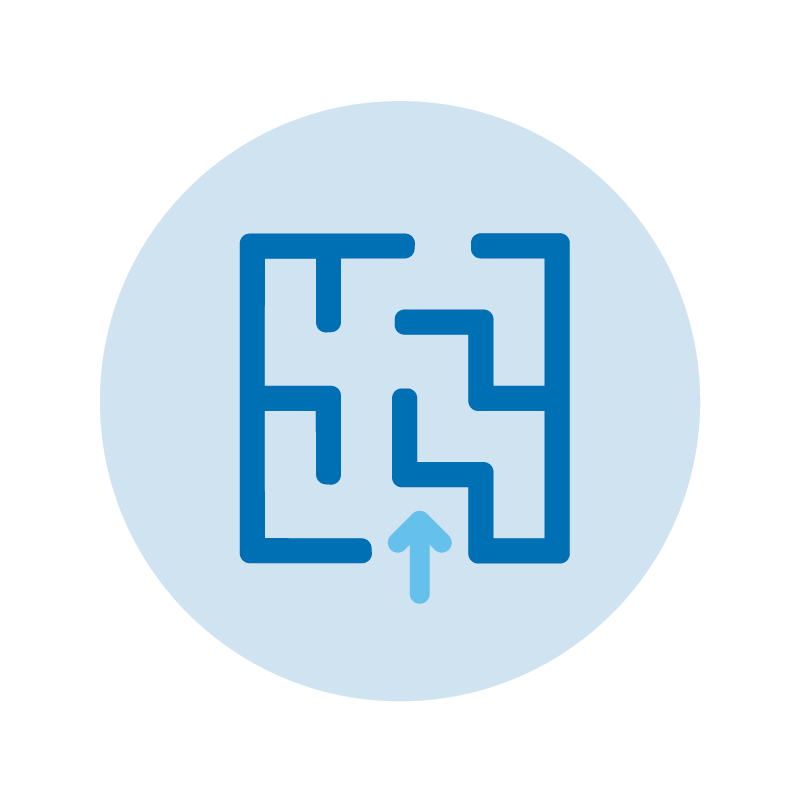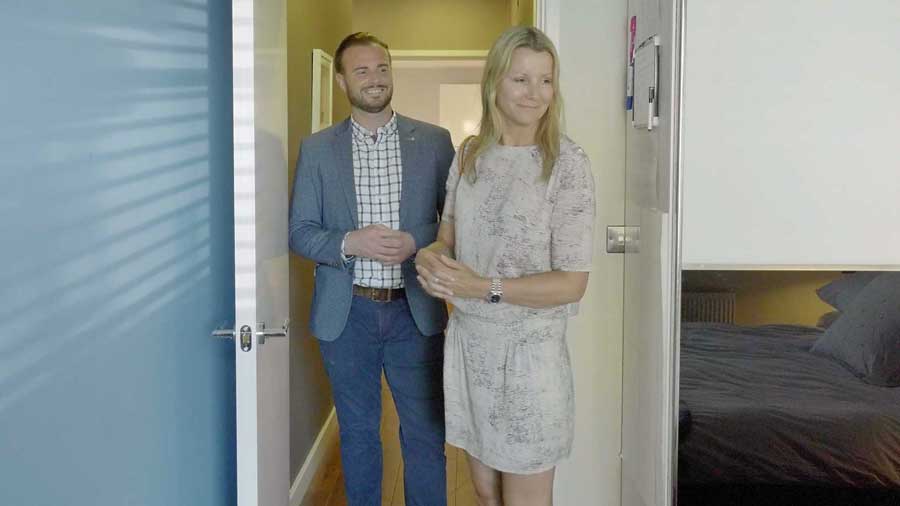Sliver linings
While 2020 was a year of setbacks, plenty of good can come from our response to the challenges posed by COVID-19

STRATEGY
Image: Istock

James Tickell
Partner, Campbell Tickell
“Wish it need not have happened in my time,” said Frodo. “So do I,” said Gandalf, “and so do all who live to see such times. But that is not for them to decide. All we have to decide is what to do with the time that is given us.”
Tolkien, The Fellowship of the Ring
2020 was a year of storm clouds, suffering and death. And it ain’t over yet, as between new virus variants and vaccine nationalism, the economic consequences of the pandemic will be with us for years. Democracy and equality have had setbacks too. We’ve seen the astonishing and sudden enrichment of the billionaire class and the growth of authoritarianism in countries round the world. More locally, many of the poor have become poorer, while the better off are relatively unscathed.
That said, social housing is in better shape than many sectors. We’ve learned a lot about ourselves and the world we lived in until a year ago. The biggest lesson of all is that things don’t have to go back to the way they were. We don’t want them to go back either.
Changing up
We’ve learned that change doesn’t have to take years. The huge shift to home working took just weeks – days even. We saw instant transformation – no consultants, no project plans, no SMART objectives. We just did it. And it worked, more or less. Ten years before, the IT wouldn’t have held up, but now it did. Remote working is here to stay, for many of us at least, for some of the time.
It sounds obvious, but maybe it took a pandemic to bring home some key messages. Successful businesses listen to their customers, tenants and frontline staff. Not because it’s a compliance requirement, but because it helps them be better businesses. They design processes to meet customer needs, rather than imposing them. They involve their customers in designing these processes. The NHF’s Together with Tenants is a good summary of the emerging new approach. It sets new expectations, and explores the possibility of further change.
Artificial intelligence
It goes beyond that. After the pandemic, things can go in different ways. One turbo boost for change will be artificial intelligence, still in its infancy, rather as the internet was 20 years ago. AI is the next tech revolution, morally neutral, but capable of use for good and evil alike. Authoritarian states are already using it to detect thought crime with no human intervention until the knock comes on the door.
One emerging paradigm for businesses is already to hand, for example in the shape of many broadband providers. When all goes well, things are fine. But the moment there’s a hitch, it’s a world of pain. We spend hours on the so-called helpline, struggling with looping voice recognition menus. You could call this the ‘Don’t call us, we’ll tell you’ school of consumer relations. The benefit system works similarly. It’s hostile and punitive. It treats everyone the same, whether they like it or not. Human error is amplified by IT. Management remains firmly on transmit rather than receive. The excesses of the gig economy towards workers are another side of the same coin.
“Successful businesses listen to their customers, tenants and frontline staff. Not because it’s a compliance requirement, but because it helps them be better businesses.”
Customer focus
Our opportunity as a sector is to become the very opposite of that. We need to use the inspiration of 2020’s accelerated change to imagine quite how different things could be. The next generation of IT will be able to help us do exactly that, by freeing up people to interact with customers. The new NHF Code of Governance and the Social Housing White Paper raise the bar on more formal expectations. But this isn’t so much about compliance as about culture, mindset and reimagination.
Imagine that you’re able to respond to every tenant as an individual. Their needs and preferences are known. So too is what support they do or don’t want in their lives and their privacy expectations. They’ve told us whether and how they want to be involved in decision making, and at what level. It’s clear how often they want to be consulted, and about what. They’ve told us whether they want to be contacted by phone, email, text, WhatsApp, Zoom or Twitter. Do they want to be on boards or committees, or maybe just occasional focus groups? Would they prefer to talk to a human being?
We know too what support they can offer to their community and fellow residents. We are aware perhaps of the issues where they want to contribute – community, environment, diversity, education, or employment. The skills they have are appreciated and used – a huge resource, often untapped.
As customers, there is full data about their homes and communities, what works well, what needs attention or reinvestment. When a repair is reported we know what time they can usually be at home to let in repair staff. How they like to be addressed, what digital access they have, the works.
Personal touch
During the pandemic, we’ve already seen a bit of that in action. Landlords have been reaching out to tenants to find out how they’re doing. It’s gone down well by all accounts, and came as a surprise to many.
COVID-19 has shown us that we can make things very different at short notice if we have to. The silver linings from the pandemic’s storm clouds can come if we can seize the moment to reimagine – really reimagine, boldly reimagine – how things could be. Think Together with Tenants 2.0. Let’s reimagine because we want to, not because we have to. Let’s think about what we can do with tenants, rather than for them, or even to them. It’s about leadership, culture and listening. Now that would be some silver lining to the storm clouds of 2020!


